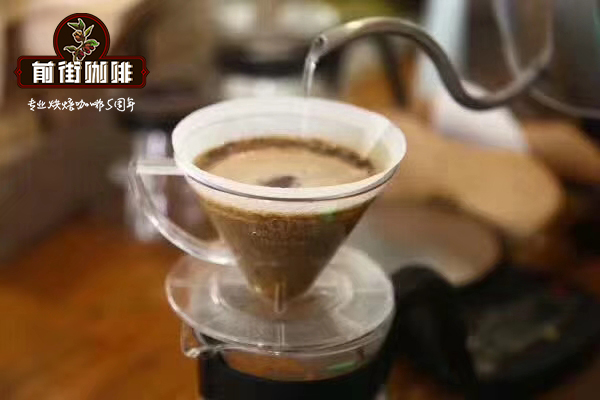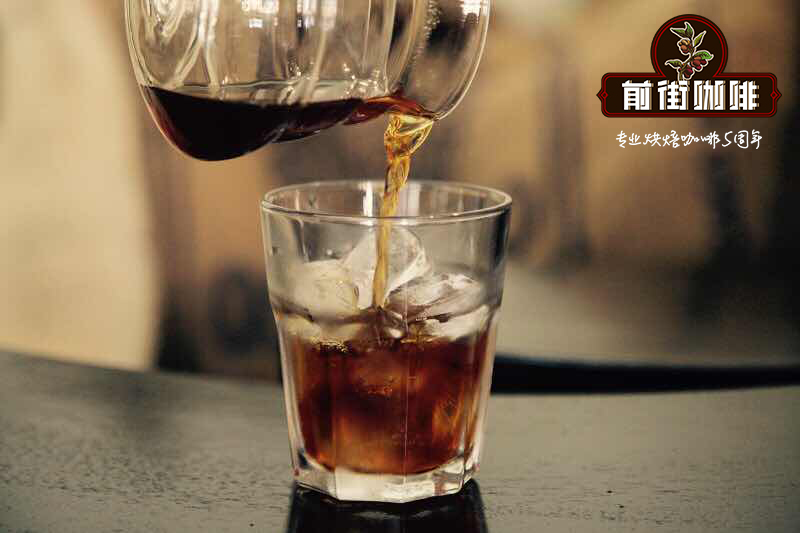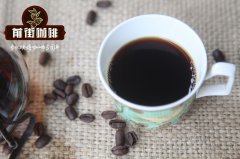Flavor characteristics of Kenyan Coffee washed by Kenya Jiamoni Kiangombe

Professional coffee knowledge exchange more coffee bean information please follow the coffee workshop (Wechat official account cafe_style)
[Kenya Jiamoni exquisite 72-hour washing]
Country: Kenya
Region: Kirinyaga, Kirinaga
Altitude: 1700 Murray 1800m
Soil: volcanic soil
Variety: sl-28,sl-34
Treatment: 72 hours washing
01 | introduction of the processing plant
The Kiangombe factory is 2km from the town of Kimunye in Kirinaga, named after the Kikuyu, Kenya's largest minority group, because there was a large dairy market in the village in the early days.
The Kiangombe factory was built in 1998 and belongs to the Karabe cooperative. The cooperative has more than 6, 000 members, of which the Kiangombe factory is registered with more than 600 small farmers.
The water source for washing treatment at the Kiangombe plant comes from the Mukengeria River, which is then dried on a raised tanning bed for about 20 days according to weather conditions.
02 | production area description
Kirinaga Kirinyaga
Kirinyaga is located on the hillside of Mount Kenya, near Nyeri, famous for its strong flavor, rich layers and solid taste of coffee, and Nyeri is recognized as the two best producing areas in Kenya. Most of the producers in this area are small coffee farmers who join the cooperative, while the cooperative plays an integrated role in providing washing plants, while coffee farmers send coffee cherries to the co-operative's processing plant for raw bean processing.
"Kirinaga". It is the name of Mount Mount Kenya, the highest mountain in Kenya and the second highest in Africa. It is also the local name of Mount Kenya.
The reason why Europeans call it "Mount Kenya" is said to be unable to imitate the local pronunciation "kirinyaga" very well.
Kirinyaga comes from the Kikuyu, which means "white mountain" and is thought to be the place of the gods. The Kikuyu are the most populous people in Kenya, accounting for 1/5 of the total population.
03 | Analysis of raw beans
SL-28 and SL-34 are the two most respected varieties produced by the Scott laboratory in Kenya in the 1930s. The Scott Laboratory no longer exists, but it is now the National Agricultural Laboratory and part of the Kenyan Agricultural and Animal Husbandry Research Organization. Both varieties are bourbon-derived varieties, although from different pedigrees: SL-28 was developed from a drought-resistant variety originally planted in Tanganyika, which is part of modern Tanzania; it is generally considered to be of the highest quality but less productive than other commercial Arabica varieties. SL-34 is a variety originally found near Kabete and performs well at low elevations. Both SL variants showed bronze tender leaves.
04 | introduction to the handling method
Kenyan water washing is a cyclic repeated treatment after fermentation. On the day of harvest, the best quality coffee cherries are selected, peeled and fermented. The fermentation time is 24 hours, and then washed with clean river water after 24 hours. Then, it is fermented again with clean river water for 24 hours, and then washed, so it is repeated 3 times for 72 hours, so it is called Kenyan 72-hour fermentation water washing treatment, referred to as K72. This treatment allows coffee beans to ferment for a long time at low temperature, so that beans can have a brighter, cleaner but full flavor!
This is a classic Kenyan coffee with wet aromas of ripe tomatoes and flowers, imported virgin fruit and apricot flavors, bright acidity, clean palate, medium body, medium almond flavor, juicy, raspberry and caramel finish, and orange aromas.
Important Notice :
前街咖啡 FrontStreet Coffee has moved to new addredd:
FrontStreet Coffee Address: 315,Donghua East Road,GuangZhou
Tel:020 38364473
- Prev

Nicaragua Black Honey treatment | New Segovia Micro batch Cafetos de Segovia processing Plant
Professional coffee knowledge exchange more coffee bean information please follow coffee workshop (Wechat official account cafe_style) Nicaraguan black honey treatment] country: Nicaragua region: new Segovia (Nueva Segovia) processing plant: Cafetos de Segovia altitude: 1200-1400 m breed: Kaddura / Kaduai grade: SHG treatment: black honey treatment 01 | plus
- Next

Flavor characteristics of Rwandan Coffee in Rwanda lovers' Cooperative
Professional coffee knowledge exchange more coffee bean information please follow the coffee workshop (Wechat official account cafe_style) Rwanda _ coffee lovers' cooperative Rwanda Dukunde Kawa Cooperative once got a high score of 92 in Coffee Review! Coffee lovers' Cooperative (DukundeKawa Cooperative) was founded in 2000 and now has more than 2000 coffee farmers.
Related
- Detailed explanation of Jadeite planting Land in Panamanian Jadeite Manor introduction to the grading system of Jadeite competitive bidding, Red bid, Green bid and Rose Summer
- Story of Coffee planting in Brenka region of Costa Rica Stonehenge Manor anaerobic heavy honey treatment of flavor mouth
- What's on the barrel of Blue Mountain Coffee beans?
- Can American coffee also pull flowers? How to use hot American style to pull out a good-looking pattern?
- Can you make a cold extract with coffee beans? What is the right proportion for cold-extracted coffee formula?
- Indonesian PWN Gold Mandrine Coffee Origin Features Flavor How to Chong? Mandolin coffee is American.
- A brief introduction to the flavor characteristics of Brazilian yellow bourbon coffee beans
- What is the effect of different water quality on the flavor of cold-extracted coffee? What kind of water is best for brewing coffee?
- Why do you think of Rose Summer whenever you mention Panamanian coffee?
- Introduction to the characteristics of authentic blue mountain coffee bean producing areas? What is the CIB Coffee Authority in Jamaica?

